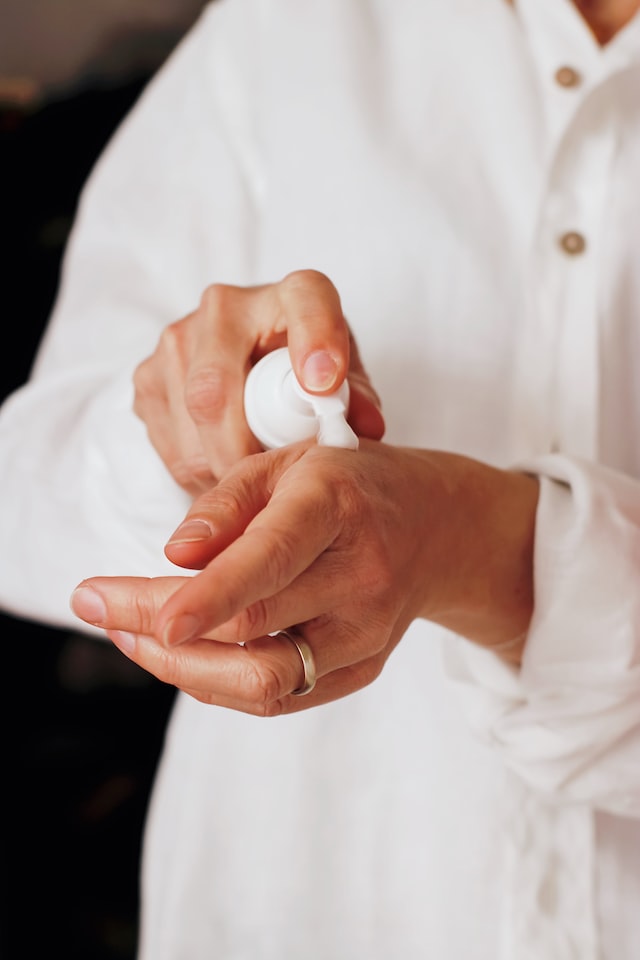
Personal care products make up a multi-million dollar industry. While there are many wonderful products on the market that help us feel better, look younger or solve minor medical issues, most products from simple petroleum jelly to the most advanced skincare lotion contain potentially harmful chemicals. Are the chemicals worth the positive effects we gain from the products? Read on to find out more.
Take a look at this: Ampicillin
Women tend to use an average of 12 personal care products a day, and this means exposure to hundreds of chemicals each day to their skin, according to the Environmental Working Group, a non-profit consumer health group. Men use about half as many products, so come into contact with about half as many chemicals daily. Product labeling is not typically helpful because many products bill themselves as “natural” upon examining the ingredient list it becomes apparent that their labeling is false.
Ingredient Info
Most of the ingredients used in skincare and cosmetics are safe, but researchers agree that finding data on products is a major stumbling block in terms of knowing if products are healthy for humans. Russ Hauser, from T.H. Chan’s School of Public Health and chair of the department of environmental health, explains “Too much of the burden is on the public, and it’s unfair to expect the average person to have the time and scientific background to stay on top of this.” Consumers, because of the difficulty in obtaining information on products and the multitude of ingredients contained within, are constantly at a disadvantage in knowing which products are healthy for them. Many people have experienced an unexpected rash from a new product. It’s easy enough to discontinue use, possibly even get a refund on the product and select something new. What is more difficult is to tell any long-term effects of chemical use over time.
Product Guides
The Environmental Working Group is trying to help consumers sort through the information available on its webpage. On their page you will find consumer guides for products ranging from skincare to food and water, to household products. You can use the various guides to look up specific products by company and/or name. Not every product is available, since the market is so vast. If you find yourself in that situation, simply look up specific ingredients found in your personal care products. EWG will give you a rating from “EWG Verified” (best) to 10 (worst). This can be a tedious process, especially if you are looking up individual ingredients, but it is extremely important.
Understanding what we put on our bodies in the name of health is just as important as understanding what we put in our bodies in the name of nutrition. Take some time to investigate what’s inside of the products in your skin care routine.





